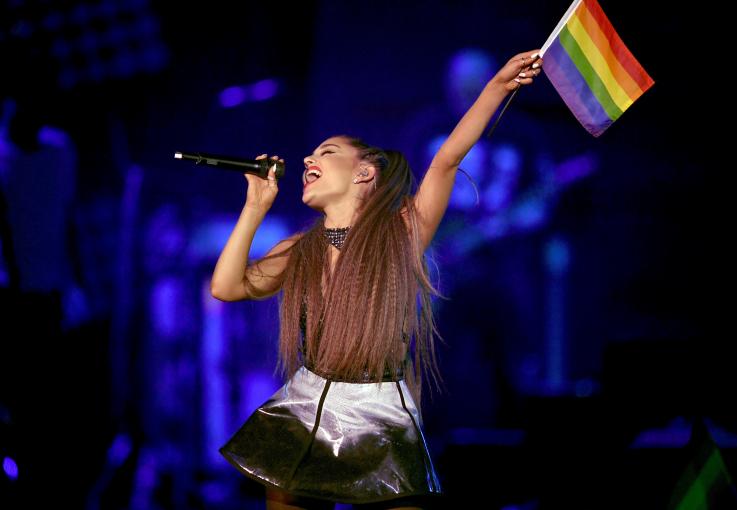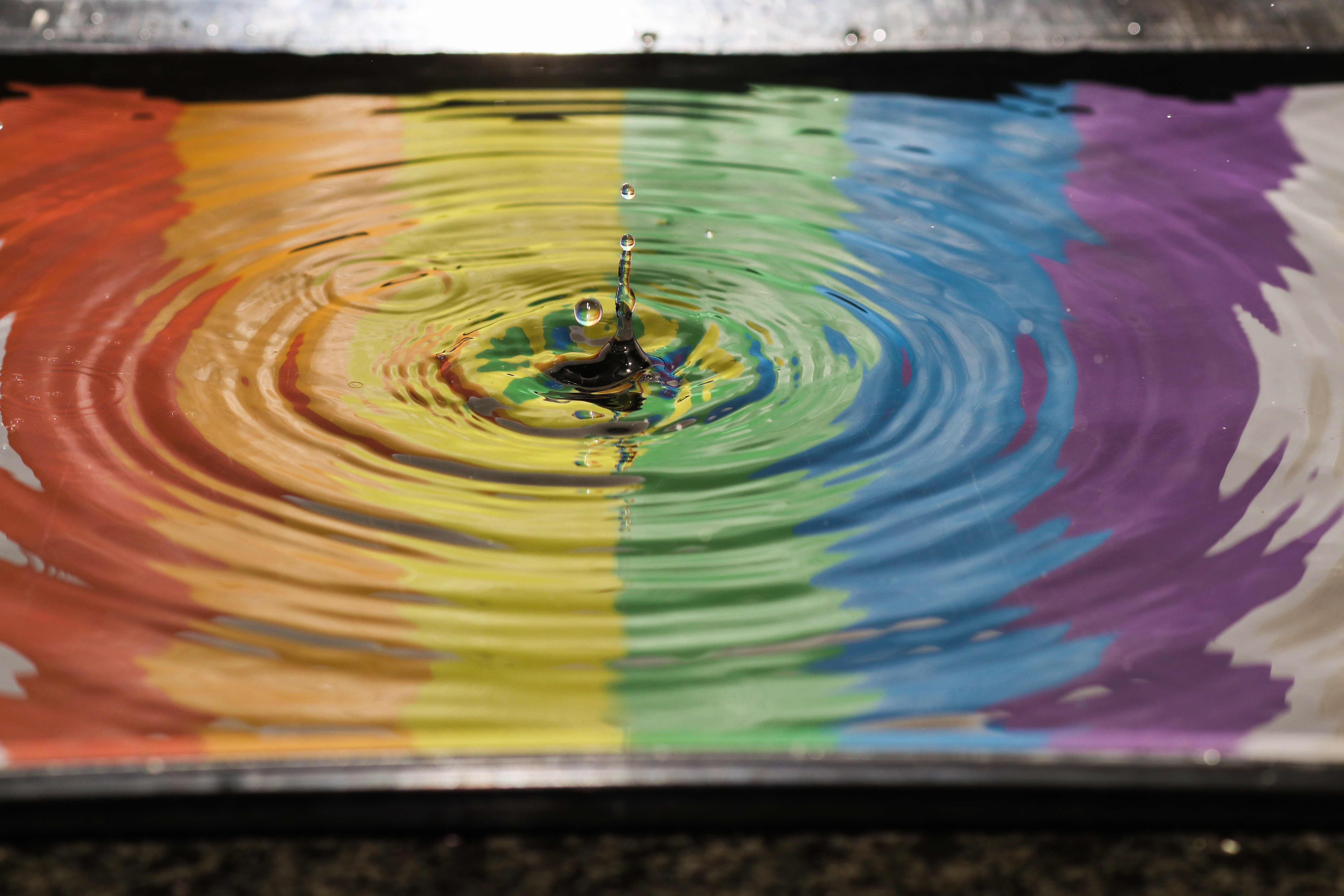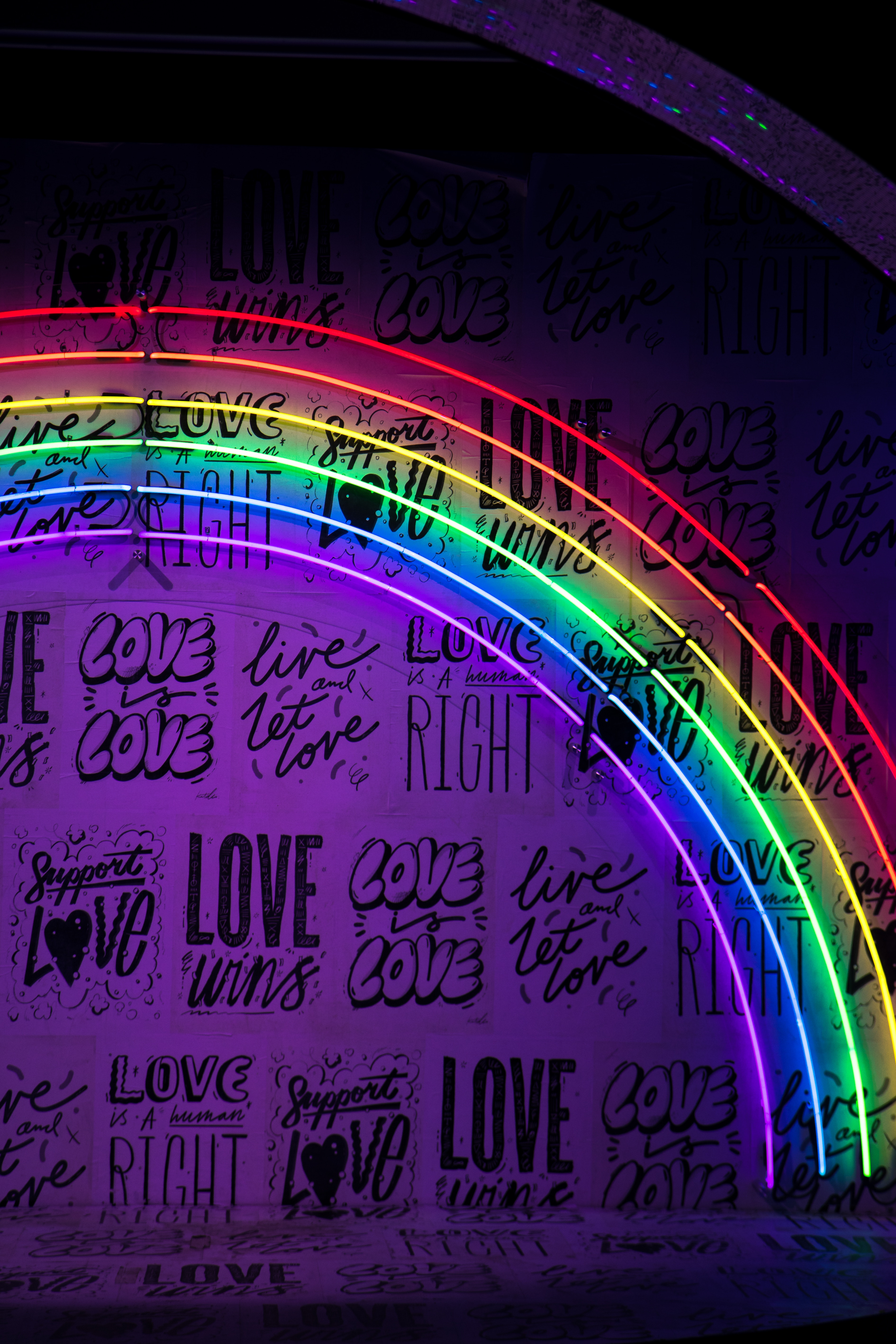Since the release of her new album, Ariana Grande’s sexuality has repeatedly come under speculation.
Questions, or assumptions, of Ariana’s sexuality, first gained traction following the release of ‘Thank u, next.’
Apple Music accidentally mispublished lyrics to her song, claiming they said, “Plus, I met someone else. We havin’ better discussions. I know they say I move on too fast but this one gon’ last. ‘Cause her name is Aubrey.”
Fans automatically took to Twitter to question both Arianna’s sexuality and who the mysterious Aubrey character was.
It was later revealed to be a typo, with the actual lyric saying, “‘Cause her name is Ari.” changing the topic to one of self-love, rather than romantic love.
In February, Ariana then came under fire from some members of the LGBTQ+ community for headlining Manchester pride.
She faced accusations about taking away the opportunity for an LGBTQ headliner. While Pride does encourage allies to attend, the event at its core is for the LQBTQ+ community.
She was also accused of queer-baiting: hinting at same-sex romance without depicting them.
i saw many people discussing this so i wanted to chime in…. hope that’s okay 🖤🌫 pic.twitter.com/7joiZwI1QS
— Ariana Grande (@ArianaGrande) February 27, 2019
Ariana responded saying, “I want to celebrate and support this community, regardless of my identity or how people label me. I also wanna visit a city that means so much to me.”
This week, Ariana’s sexuality has come under scrutiny again following her most recent release ‘Monopoly’.
The lyrics say, “I like women and men.”
Within hours articles were published about how Ariana ‘supposedly’ came out in the song. Twitter once again blew up with fans taking this as confirmation of her sexuality.
i haven’t before and still don’t feel the need to now 🖤🧚🏼♂️ which is okay
— Ariana Grande (@ArianaGrande) April 1, 2019
Ariana has once again responded to the rumours via Twitter, telling a fan she doesn’t feel the need to label herself, hinting that others should stop attempting to label her sexuality for her.
Why questioning someone’s sexuality is problematic
There are a variety of reasons why people question others sexuality, from pure curiosity to looking for LGBTQ+ representation in the media.
Juliet Engles, 22, identifies as queer. She describes her school as a homophobic environment. She explains how he relentless abuse a gay friend endured, “Set a precedent and a fear as to what these (mainly male) bullies would say or do if they found out or suspected you were gay, and it was generally quite a scary thing, and all pretty soul destroying.”
Juliet was both fortunate and unfortunate to be incredibly straight passing. However, fear of being suspected as gay and being subject to abuse caused her to go out of her way to appear straight.
She completely avoided wearing trousers in her sixth form years and repeatedly got with guys at parties both to convince herself and others of a straight personality.
When she was younger, she was looking for a representation of herself in the media. She says, “I grew up not knowing that gay people even existed I was 10 years old, and I certainly didn’t have any gay or bisexual female idols to look up to.”
However, as she has matured, she understands that sexuality and labels are more nuanced than they first appear.
She explains, “I understand that not every LGBTQ celebrity needs to be an ‘idol’ and that they might struggle with their own mental health regarding their sexuality and gender identity.”
A recent study by UK LGBT rights charity Stonewall found that over half of LGBT people interviewed had experienced depression within the last year.
A further one in eight LGBT people aged between 18-24 had attempted to take their life within the last year.
In addition, assumption of sexuality and bi-erasure can sometimes cause people to define themselves as lesbian or gay, in order to be taken seriously by others.
A recent study by GLAAD found higher rates of anxiety, depression, and other mood disorders compared to gays, lesbians and heterosexuals.
Other people in the media who have had their sexuality questioned
Harry Styles is another musician whose lyrics have caused fans to question his sexuality. His song ‘Medicine’ says, “The boys and the girls are in, I mess around with him, And I’m okay with it.”
When a journalist from The Sun attempted to press him on his sexuality, he commented, “I don’t feel like it’s something I’ve ever felt like I have to explain about myself.”
In addition, Canadian singer Shawn Mendes has also struggled with persistent questioning.
Last year he told Rolling Stone Magazine, “In the back of my heart, I feel like I need to go be seen with someone — like a girl — in public, to prove to people that I’m not gay.”
With such a strong correlation between mental health and identifying as LGBTQ+, it’s evident that persistent questioning of sexuality isn’t the answer.
Instead time needs to be spent educating each other on how to support the LGBTQ+ community in the media and in society.
If you are affected by the contents of this post and would like to speak to someone, you can contact:
Stonewall support groups
LGBT Cyrmu helplines
LGBT helpline Switchboard
Words by Corrie David
www.corriescomments.com
Instagram | Twitter
Feature image credit: Kevin Winter/Getty Images














